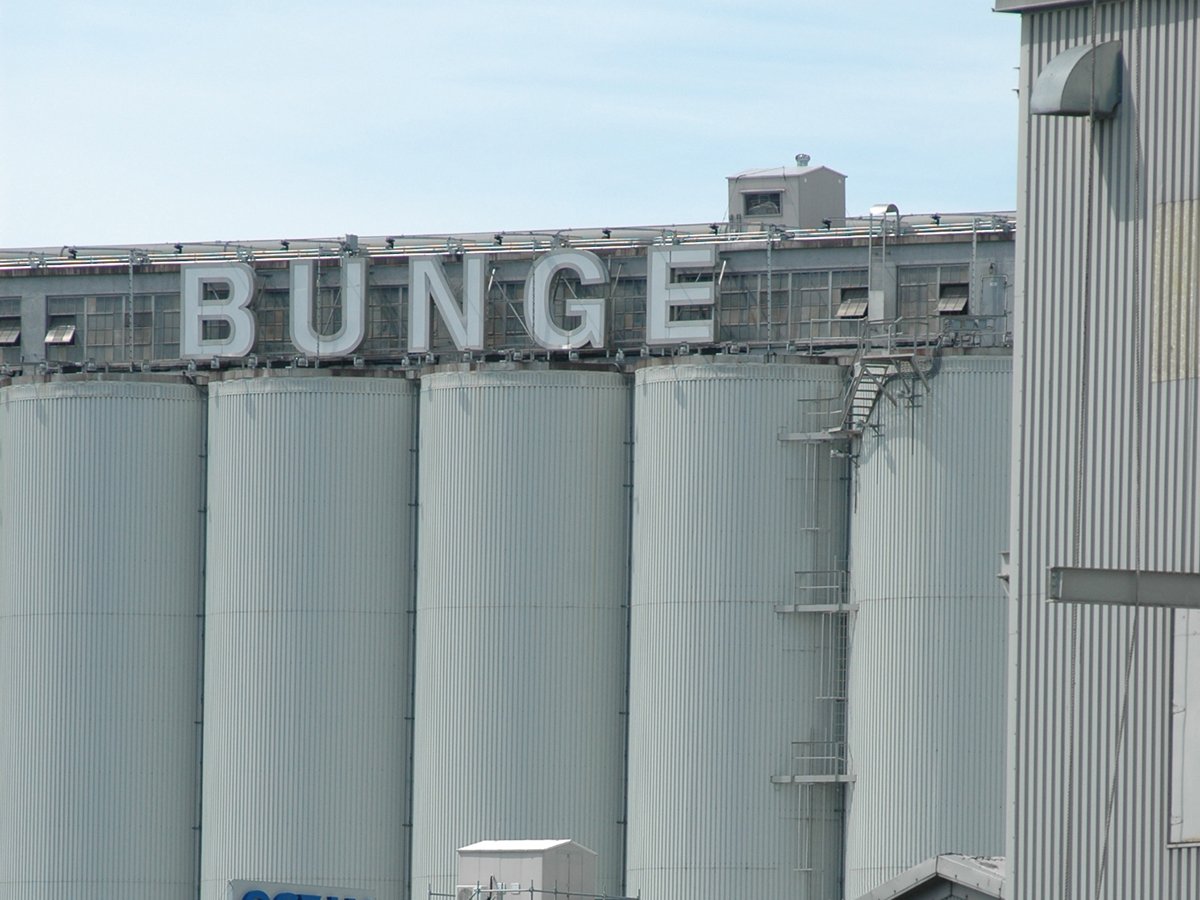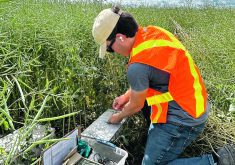Investing in bricks and mortar isn’t the only way Canada’s ports are preparing for growing global trade.
A trade commissioner has been embedded with the port authority in Halifax since September as a part of a pilot project, Zatylny said.
He works with Canada’s ports and port communities to get Canadian businesses export ready.
He also helps bring in import business, she added.
Zatylny said efficiency through the transportation system adds as much value to Canada’s trade agenda as the goods and services that are imported and exported.
Read Also

Bunge’s crop mix is changing
Bunge has predominantly been a soybean processing firm, but that’s about to change after the merger with Viterra with softseed processing and grain merchandising gaining ground.
Other stories in this Special Report:
- ‘600 million opportunity’ awaits cattle sector
- Bison seen as biggest benefactor
- Doors may open but welcome mat takes time
- Dairy sector leery of EU trade
- Will EU trade reap benefits for all?
- Niche growers hope CETA will resolve GM issues
- CETA not silver bullet for European trade
- Ports eager to play role as markets open
- Navigating the trade waters
- Pork sector expects trade benefits
- Exporters must understand unique issues of EU buyers
For example, a Canadian lobster loses value if it takes three months to get to Japan.
Canadian ports and supply chain members have met to figure out where they could smooth out “speed bumps” in the system.
Zatylny also approached the federal foreign affairs de-partment to see if they could walk trade commissioners through the Canadian port system and its advantages.
The department already em-bedded trade commissioners with trade associations to help businesses become export ready, and Zatylny and department officials decided to do something similar with ports.
The pilot project will help ports organize or join trade delegations.
“They have a big role in facilitating export development,” she said.















